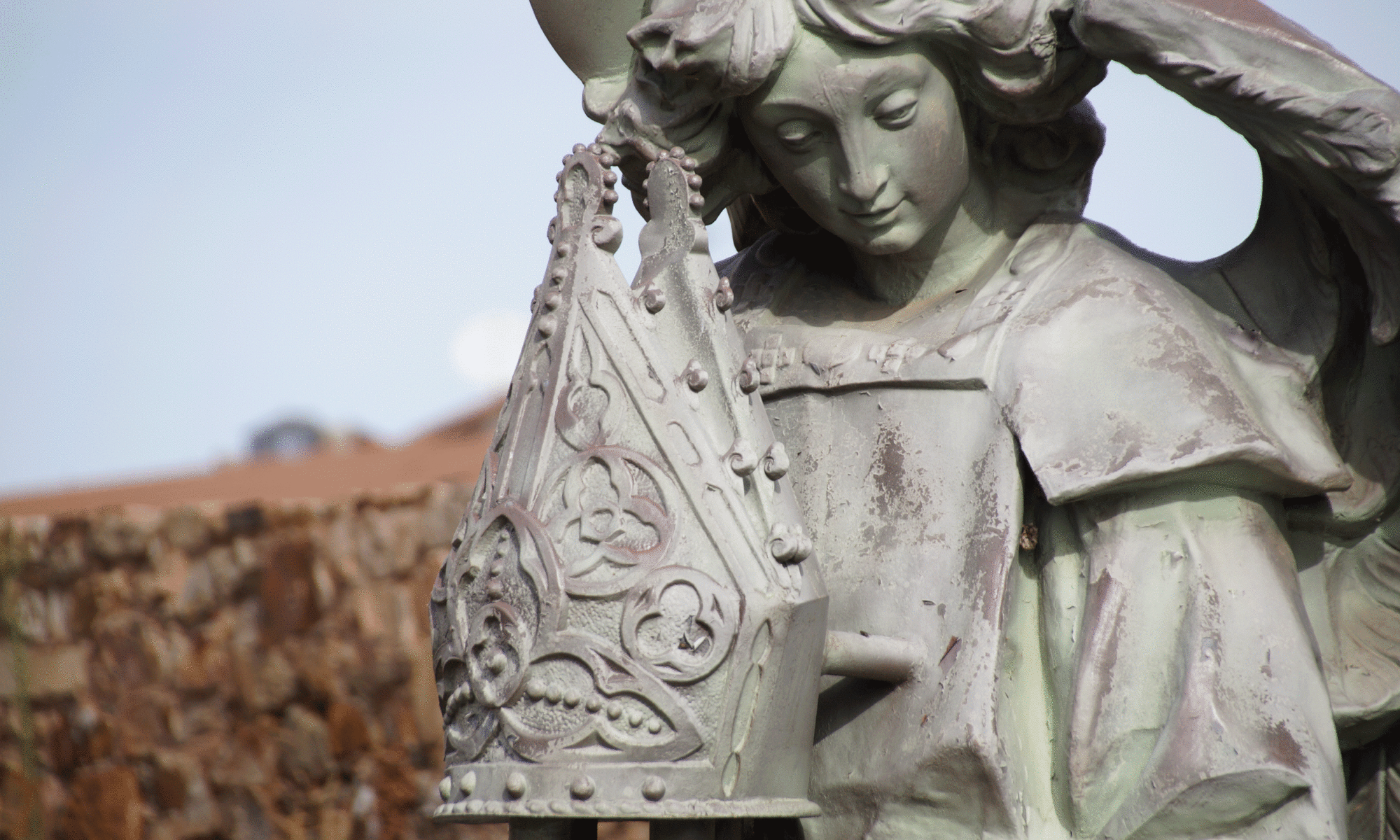“On the evening of that day, the first day of the week,” Jesus showed himself to his apostles. “He breathed on them, and said to them: ‘Receive the Holy Spirit. If you forgive the sins of any, they are forgiven; if you retain the sins of any, they are retained’ ” (John 20:19, 22–23).
What is Confession and Absolution?
After repenting and confessing our sins to God in the presence of a priest, the priest declares God’s forgiveness to us with authority given by God (John 20:22–23).
What grace does God give in absolution?
Absolution conveys to the penitent God’s pardon through the cross, thus declaring reconciliation and peace with God, and bestowing assurance of His grace and salvation.
In this Sacrament, the sinner, placing himself/herself before the merciful judgment of God, anticipates in a certain way the judgment to which he or she will be subjected at the end of his earthly life. For it is now, in this life, that we are offered the choice between life and death, and it is only by the road of conversion that we can enter the Kingdom, from which one is excluded by grave sin. In converting to Christ through Confession and faith, the sinner passes from death to life and “does not come into judgment.” (john 5:24)
What is the purpose of Penance?
The performance of certain acts of “satisfaction” or “penance” to be performed by the penitent is in order to repair and restore the relationship with God and fellow Christians which has been harmed by sin and to re-establish habits befitting a disciple of Christ.
The spiritual effects of the sacrament of Penance are:
— reconciliation with God by which the penitent recovers grace;
— reconciliation with the Church;
— peace and serenity of conscience, and spiritual consolation;
— an increase of spiritual strength for the Christian battle.
